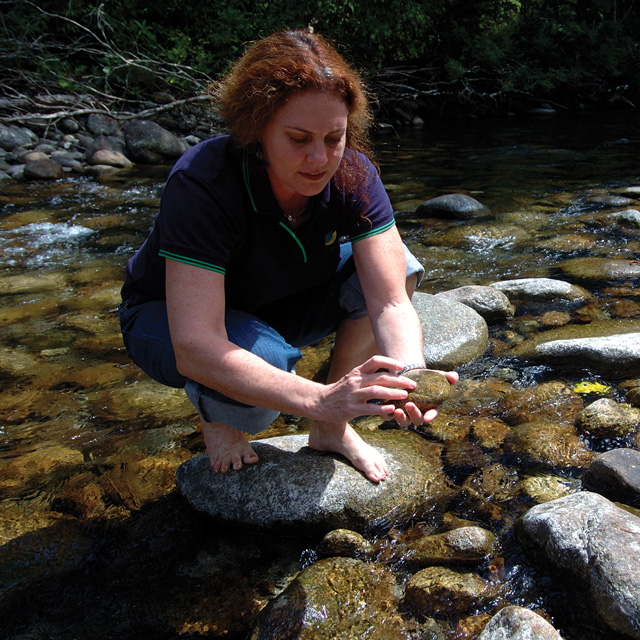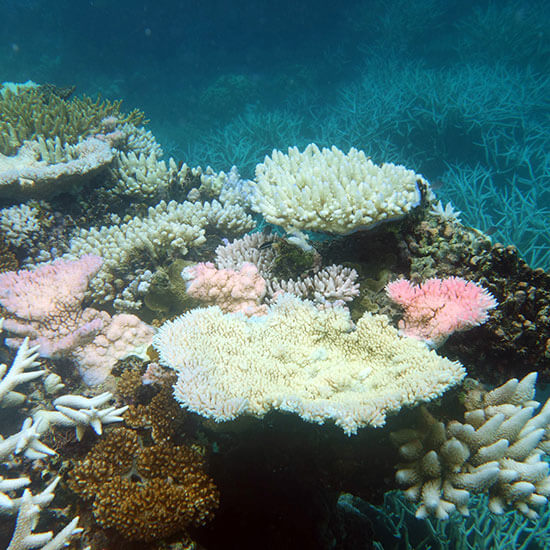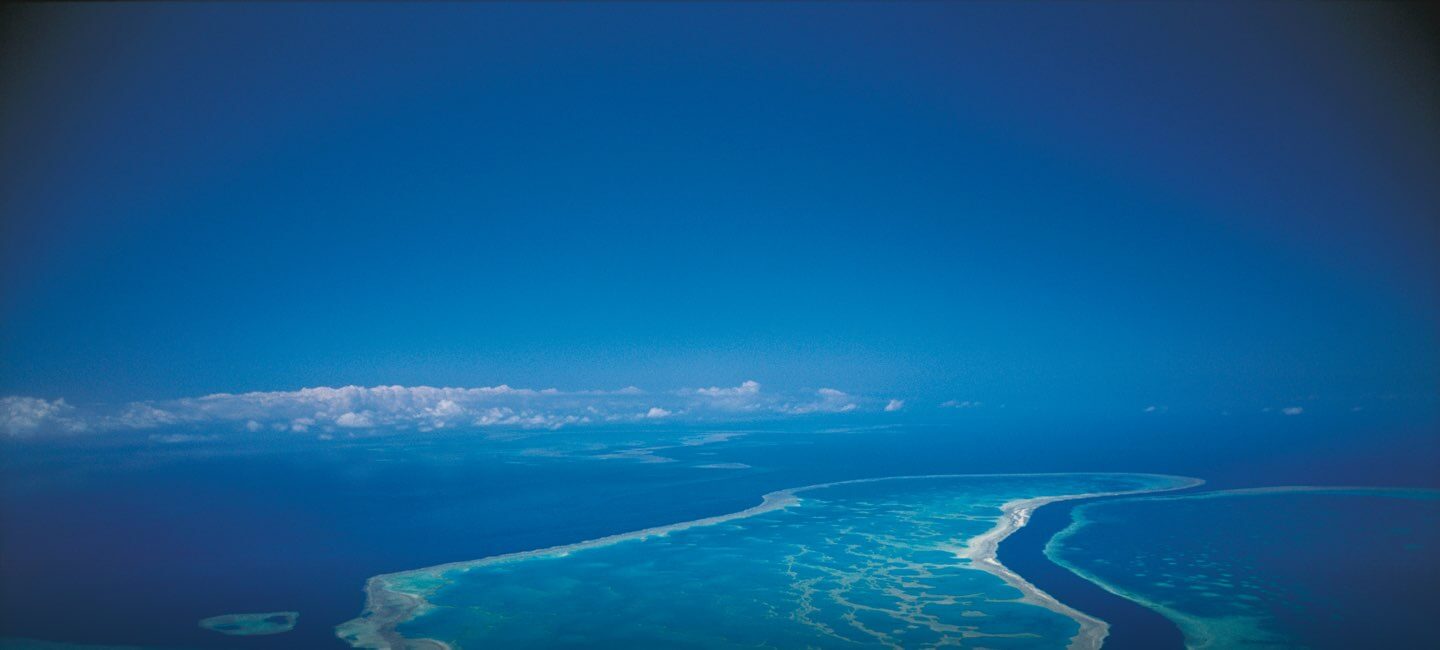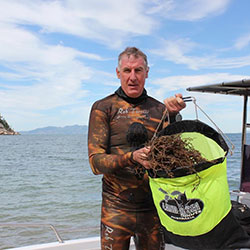Sheriden Morris is the Managing Director of the Reef and Rainforest Research Centre. She has been behind the development of the Reef Havens Initiative, and with stakeholders, produced coral bleaching surveys of key dive tourism areas in the wake of the 2016 severe mass bleaching.


Reef Havens

The issue
Mass coral bleaching events, primarily caused by warming ocean temperatures, have devastated parts of the Great Barrier Reef. The Reef has just suffered unprecedented back-to-back mass bleaching events two years in a row, with more expected in the future. Outside of the ongoing global effort to combat climate change, it seems we are powerless to prevent coral bleaching at a local level – or are we?

Impact on the Reef
A breakdown of typical ocean current patterns on the Great Barrier Reef during the summer of 2015 and 2016, caused the formation of large ‘pools’ of still, warm water on the Reef. This is a major source of stress on coral polyps and a key driver of severe bleaching. Research shows that corals with a steady supply of moving water suffer less bleaching.
Project aims
It is well-accepted that corals that have access to cooler or flowing water bleach less severely and recover better. The Reef Havens Research Project is increasing our understanding of fine-scale water movements at a site on the Great Barrier Reef, and will test whether restoring normal water movement during doldrum bleaching conditions can improve outcomes for corals at small scales.
- maintain biodiversity and complex reef communities enabling a future for the entire system.
- raise public awareness about the actions being taken to save the Reef from coral bleaching.
- encourage citizens to get involved in other intervention efforts like beach clean-ups.

This project needs support to:
- Field-trial the Reef Havens technology near a popular dive site at Moore Reef, near Cairns over summer 2017/2018. This will be a world-first for using technology on coral reefs
- Activate the pilot phase of the program which requires $4.5 million in funding. As of October 2017 RRRC has potentially secured $2.2 million and are currently fundraising for the remaining $2 million needed to get the project up and running in time. Can you help?

The science indicates that if we can create conditions that resemble normal current action on the Reef we can do a lot to improve coral’s resilience to bleaching stress. It's vital that we take this opportunity to actively intervene in the health of the Great Barrier Reef, before it's too late.
Unite for the reef.
Together, we can ease the pressures that the reef faces - but we need your support to do it. Because it’s only when we’re united as Citizens, that our individual actions can come together to make a real, physical impact on the Great Barrier Reef.



